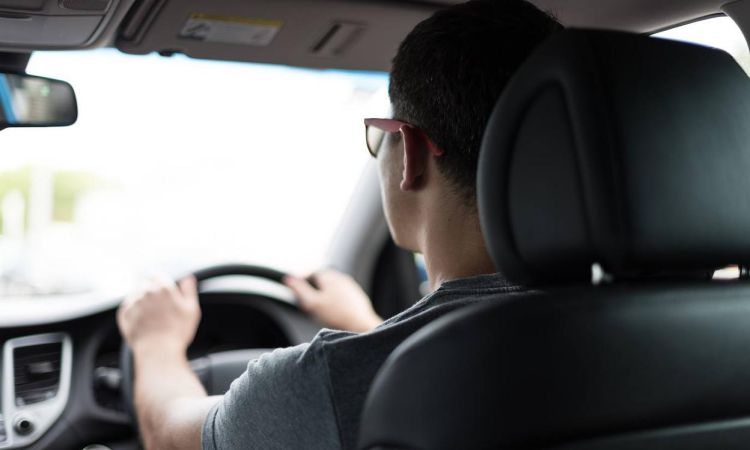 Many college students will hit the road for summer break as the school year ends. Whether driving to your hometown or taking a road trip with friends, follow these safe driving tips to ensure you arrive at your destination safely. Keep reading for safe driving tips for college students.
Many college students will hit the road for summer break as the school year ends. Whether driving to your hometown or taking a road trip with friends, follow these safe driving tips to ensure you arrive at your destination safely. Keep reading for safe driving tips for college students.
Practice defensive driving techniques.
Defensive driving is a way of operating a vehicle that minimizes the risk of accidents and collisions. This can include obeying the rules of the road, using turn signals, watching for pedestrians and other cars, and being aware of your surroundings at all times. Defensive driving can also help you avoid situations leading to a crash, like aggressive drivers and road rage incidents. In some cases, defensive driving may also involve using specific techniques to handle particular situations, such as skidding or emergency braking. Ultimately, defensive driving is about being proactive and doing everything possible to avoid accidents. While it can’t guarantee safety in every situation, it can help reduce the chances of getting into a crash.
Brush up on your driving skills.
 When you first get your driver’s license, it can be easy to become overconfident in your driving skills. However, it’s important to remember that your driving skills can always use some improvement. One of the best ways to improve your driving skills is to practice simply as often as possible. Whether you’re driving in a parking lot or on the open road, the more you drive, the better you’ll become. If you’re looking for a more formal way to improve your driving skills, consider taking an additional driving course. These courses can teach you everything from basic driving maneuvers to dealing with difficult situations on the road.
When you first get your driver’s license, it can be easy to become overconfident in your driving skills. However, it’s important to remember that your driving skills can always use some improvement. One of the best ways to improve your driving skills is to practice simply as often as possible. Whether you’re driving in a parking lot or on the open road, the more you drive, the better you’ll become. If you’re looking for a more formal way to improve your driving skills, consider taking an additional driving course. These courses can teach you everything from basic driving maneuvers to dealing with difficult situations on the road.
If you’re unsure where to start brushing up on your driving skills, consider watching some online driving tutorials. These tutorials can help teach you the basics of driving, from using the different gears to parking in a tight spot. Another easy way to improve your driving skills is to get behind the wheel with a friend. Not only will you be able to practice driving together, but you can also give each other feedback and tips on how to improve. It’s also important to practice driving in different conditions, such as rain, snow, and darkness. This will help prepare you for any situation you may encounter on the road.
Drive responsibly.
Driving a car requires you to be fully aware of your surroundings. This means you’ll never want to be impaired by alcohol or drugs while driving. Alcohol impairs judgment, slows reflexes, and reduces coordination, making it difficult to react quickly in emergencies and increasing the chances of being in a car accident. Taking drugs has a similar effect, as it clouds your judgment and impairs you from making smart decisions on the road. Impaired drivers are also more likely to be involved in other crashes, such as hitting pedestrians or cyclists. Additionally, alcohol consumption can increase the severity of injuries sustained in a crash.
Buckle up every time you drive.
Whether you’re on your way to a football game or a meeting with a college entrance consultant, you need to buckle up every time they drive. When you’re not wearing a seat belt, you’re much more likely to be seriously injured or killed if you’re involved in a car accident. The probability of mortality in a car collision is decreased by 45%, according to the Centers for Disease Control and Prevention (CDC). Additionally, wearing a seat belt increases the chances of someone surviving a serious car accident. Drivers between the ages of 16 and 24 are involved in almost 30 percent of all fatal accidents yearly, so college students must be extra vigilant regarding car safety.
No matter your age, it’s crucial to know how to protect yourself on the road. Following these tips will make your road trips and quick drives much safer, allowing you to focus on doing well in school and having fun.




